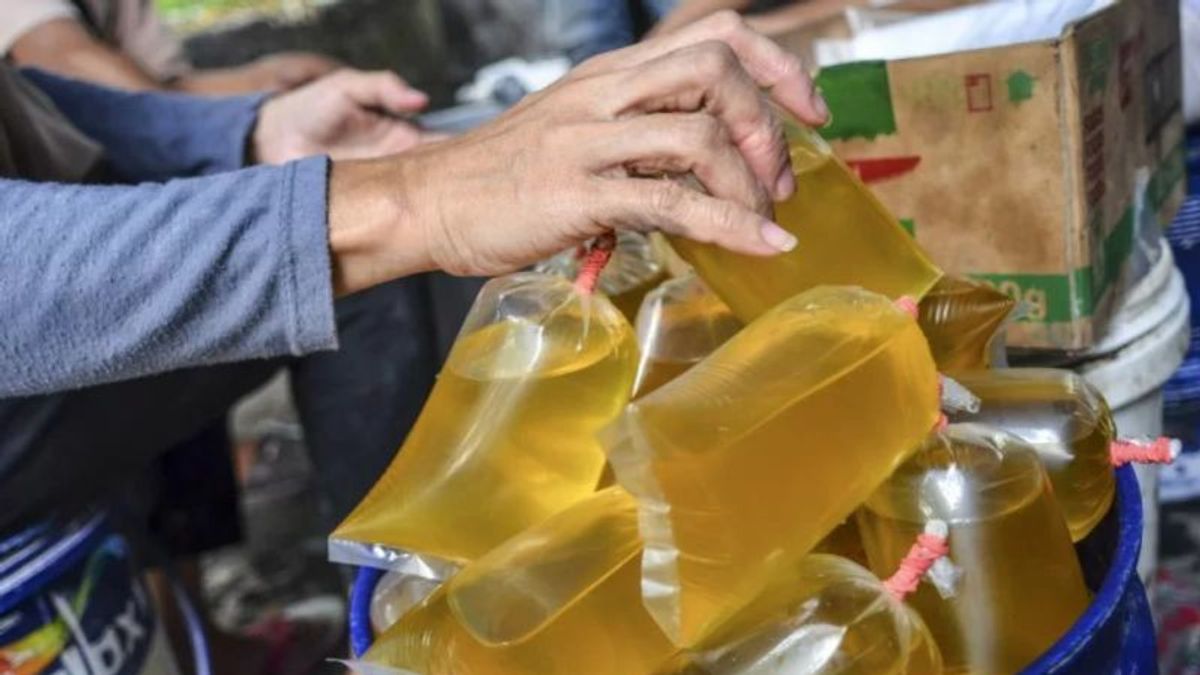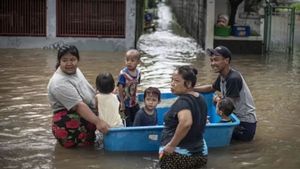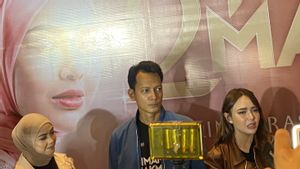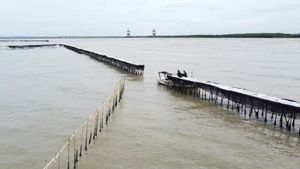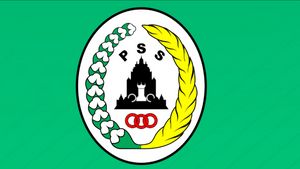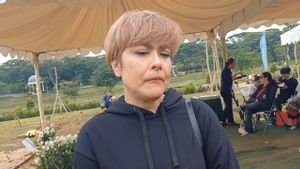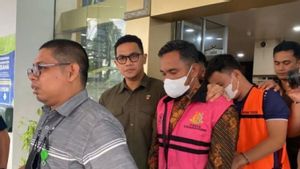JAKARTA - Coordinator of the Indonesian Anti-Corruption Society (MAKI) Boyamin Saiman urged the government to revoke the right to cultivate (HGU) plantation land and the Plantation Business Permit (IUP) of companies that threatened to boycott the subsidized cooking oil program.
Boyamin made this insistence after a number of companies threatened to withdraw from the government subsidized cooking oil program. This withdrawal was carried out after the determination of four people as suspects in alleged corruption related to the provision of export facilities for crude palm oil (CPO) and its derivatives.
"MAKI asks the government to take a firm stance by revoking plantation HGU and IUP from palm oil entrepreneurs who threaten to boycott the subsidized cooking oil program," Boyamin told reporters, Friday, April 22.
This step, continued Boyamin, needs to be done so that oil palm entrepreneurs realize that the plantations with an area of 9 million hectares owned by the private sector are actually owned by the state. This is because the land comes from the conversion of forest functions and land acquisition with the government's permission.
"So entrepreneurs should obey and obey the rules in running their business and there is no place to play threats to government programs," he said.
Moreover, the government has tried to provide cost reimbursement for companies that have helped with the subsidized cooking oil program. So, entrepreneurs will still profit.
In addition, MAKI asked the government to revoke export permits for 'rogue' entrepreneurs. According to Boyamin, this must be done because so far the CPO entrepreneurs have received facilities from the government and have made them profitable up to trillions of rupiah.
"However, when people are in trouble due to their naughty behavior, they even threaten to boycott government programs, so the government should strictly revoke all facilities and export permits for rogue entrepreneurs who threaten government programs," said Boyamin.
In addition, the government was asked to take over oil palm plantations from rogue businessmen and then transfer them to the people through cooperatives or state-owned enterprises PTPN. This step is important because in addition to providing a deterrent effect, it can also create food sovereignty.
Lastly, MAKI urges the Attorney General's Office to continue investigating the cooking oil mafia case so that the number of suspects continues to grow. In fact, Boyamin urged that the suspects who have been determined at this time also be charged with the article of money laundering (TPPU).
The above steps, he said, could at least answer the challenge of the boycott threat presented by palm oil entrepreneurs. In addition, firmness is needed to ensure justice for all people in the country.
"This is to answer the challenge of the threat of a boycott of palm oil entrepreneurs that law enforcement is for justice for all people and law enforcement is non-negotiable, let alone threatened," he said.
As previously reported, the Attorney General's Office has named four suspects in corruption cases related to the provision of crude palm oil (CPO) export facilities and their derivatives. One of them, the Director General (Dirjen) of Foreign Trade (Daglu) of the Ministry of Trade with the initials IWW.
Meanwhile, the other three suspects came from the private sector, namely the Senior Manager of Corporate Affairs for Permata Hijau Group with the initials SMA; Commissioner of PT Wilmar Nabati Indonesia with the initials MPT; and the General Manager of PT Musim Mas with the initials PT.
The Attorney General's Office said that three suspects from the company had intensively tried to approach the Director General of Trade at the Ministry of Trade IWW to obtain a CPO export permit. In fact, the three are not companies that are entitled to export approval.
As a result of their actions, the suspects have caused losses to the country's economy. In addition, they also make cooking oil expensive and scarce in the country.
The English, Chinese, Japanese, Arabic, and French versions are automatically generated by the AI. So there may still be inaccuracies in translating, please always see Indonesian as our main language. (system supported by DigitalSiber.id)
